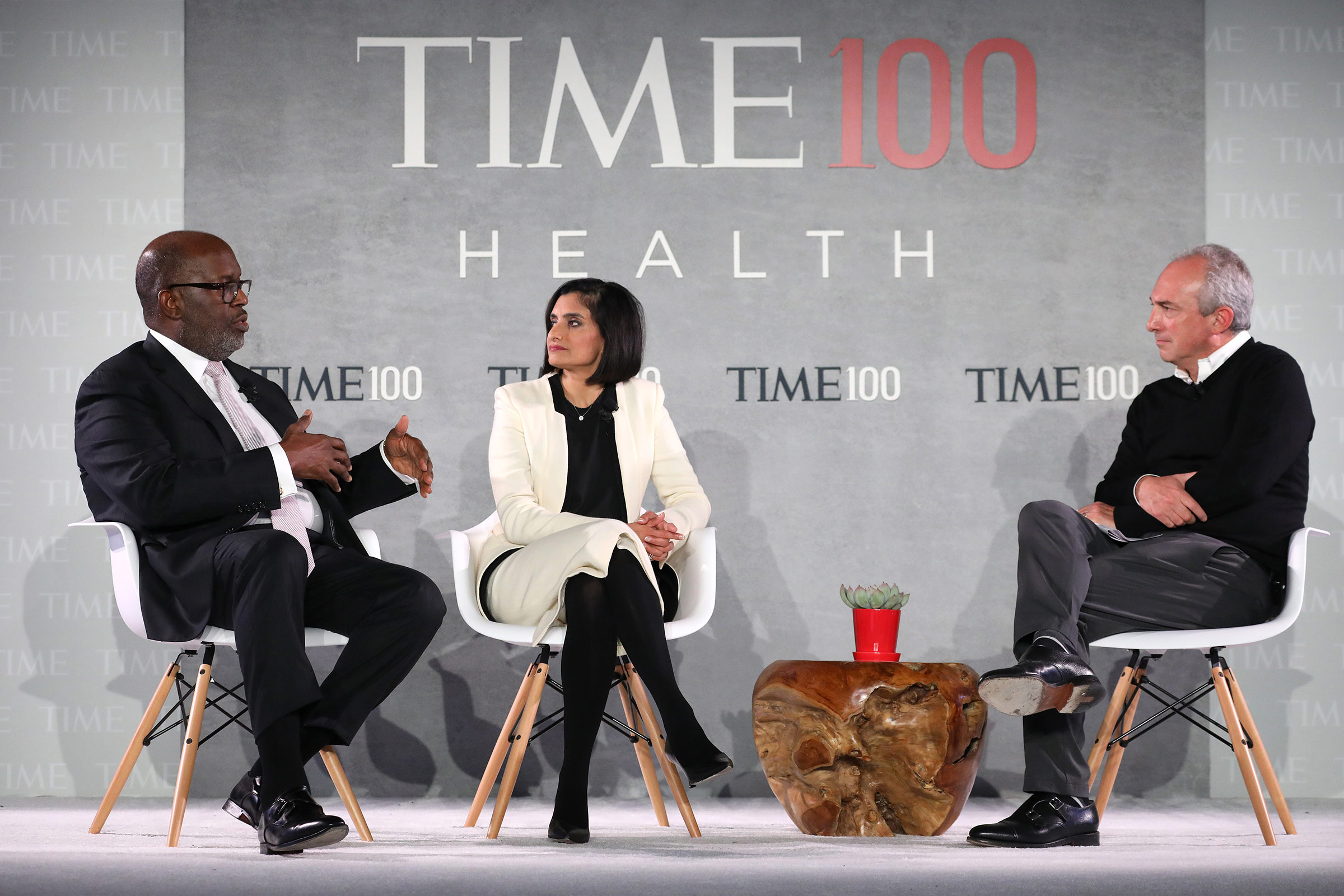
In recent years we have witnessed incredible advances in science and technology that improve the care we deliver to patients. But if people can’t take their medication because they don’t have a home, or have to choose between buying food and medication, then this innovation means little. Health is about so much more than the care we provide at a hospital or medical office.
An individual’s ZIP code can be a more accurate driver of health than their genetic code. In the San Francisco Bay Area, for example, Kaiser Permanente found stark evidence that select neighborhoods experience higher rates of diabetes (up to 11%) and child obesity (up to 23%). A study published in Cancer Epidemiology, Biomarkers & Prevention in 2017 concluded that obesity rates among breast-cancer survivors were higher among African Americans and U.S.-born Hispanics than non-Hispanic whites in part because of their social and built environments. The reality is that the enormous social and economic issues that dominate the news will prevent us from improving health if we can’t resolve them and create a more equitable system. The good news is, we can make progress, and that progress will build on itself and encourage others to join the fight.
It’s always made sense to me that health care organizations would be a critical partner in solving issues so directly related to health. Who knows the population better? Who better understands the impact those issues have on our communities? It is time for us to engage in the fight for health beyond our walls, beyond our care teams, and to address issues that could make a real difference in the health of the people who live in our communities.
Those of us who lead such organizations can help by admitting where we have gaps in our capabilities and evaluating what kind of partners we need to deliver tangible progress. It’s also important to recognize where our expertise, data and resources can play a role to take something from promising to reality. For instance, Kaiser Permanente has developed nearly 35 programs across all of our regions that identify members with social needs such as housing, food, safety, transportation and utilities and connect them to community resources. That made us well suited to think about what was missing: a systematic, standardized and consistent approach to addressing our community members’ social needs.
So we launched a social-health network called Thrive Local. Working with technology partner Unite Us, we are integrating this network into Kaiser Permanente’s electronic health-record system, allowing health care workers to make referrals directly to community organizations and social-service agencies and then track referrals to confirm that patient needs have been met. It will also be made available to community-based organizations at no cost. And in May of last year, we announced an impact investment of $200 million to address housing affordability and homelessness in communities across the nation.
But to effect change at scale, we also need to persuade policymakers to focus on the issue. So we joined the Mayors & CEOs for U.S. Housing Investment coalition to advocate for major policy and funding reforms for housing and homelessness programs at the national level.
These examples are just the start. We’re working on food security, climate change and other important issues. And there is plenty of room for others to contribute in a host of areas that we know impact health.
We are in a position to make real progress, and our mission requires us to try. We need to make care affordable. To continue to raise the quality of care. To make sure our employees have the training they need to deliver 21st century care. To improve the health of our communities. Everyone should have the chance to thrive; these are the steps health care organizations must take to make that happen.
Tyson is chairman and CEO of Kaiser Permanente
More Must-Reads from TIME
- How Donald Trump Won
- The Best Inventions of 2024
- Why Sleep Is the Key to Living Longer
- Robert Zemeckis Just Wants to Move You
- How to Break 8 Toxic Communication Habits
- Nicola Coughlan Bet on Herself—And Won
- Why Vinegar Is So Good for You
- Meet TIME's Newest Class of Next Generation Leaders
Contact us at letters@time.com